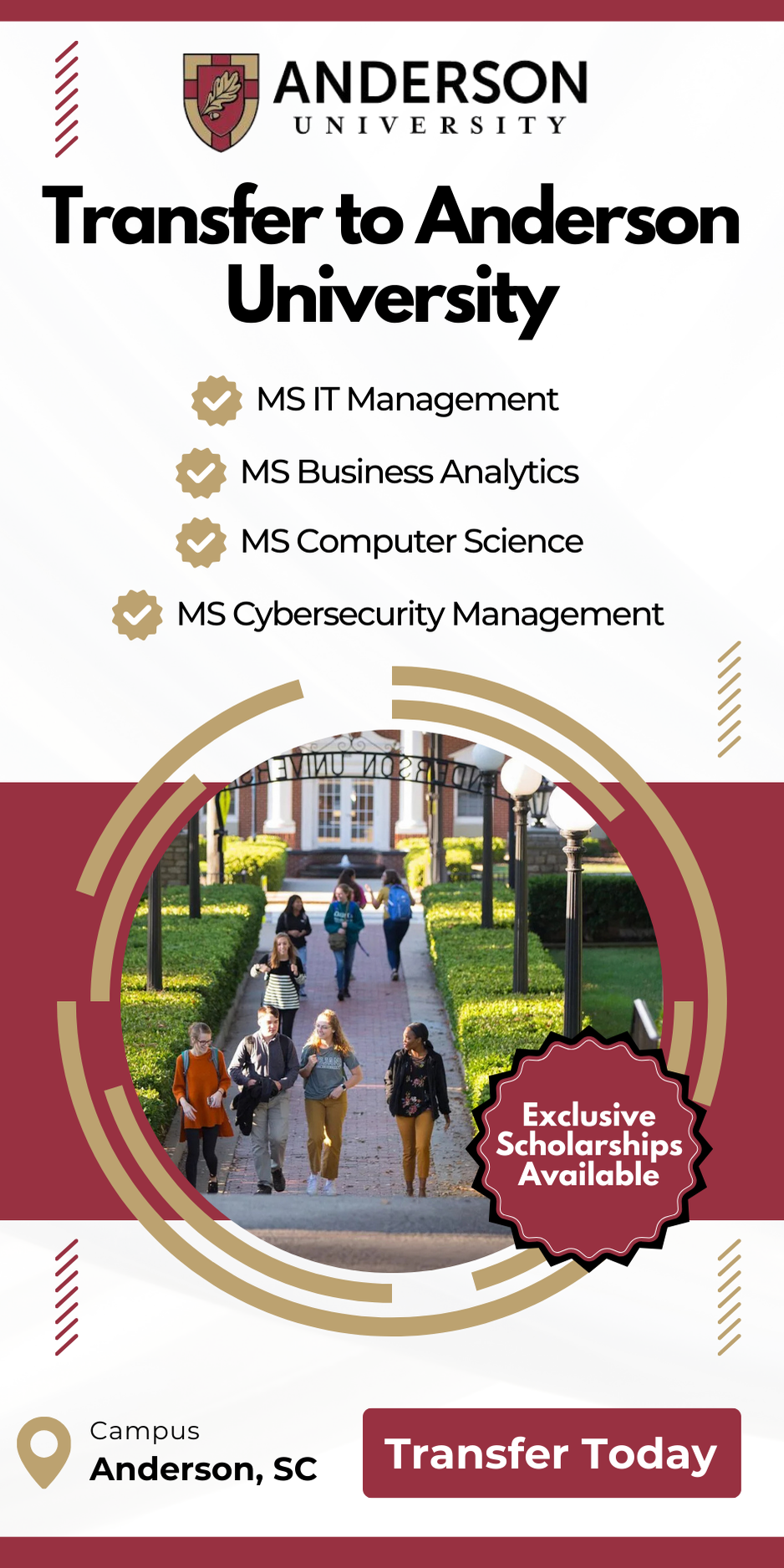Day 1 Curricular Practical Training (CPT) allows international students on F-1 visas to engage in employment from the onset of their academic programs. While this offers valuable practical experience, concerns persist regarding the legitimacy of certain institutions offering Day 1 CPT.
Understanding Day 1 CPT
CPT is designed to provide practical training that is an integral part of a student’s curriculum. Typically, students become eligible after completing one academic year. However, specific programs permit employment from the first day—termed “Day 1 CPT.” This is particularly prevalent in graduate programs that emphasize experiential learning.
Potential Risks and Concerns
The appeal of immediate work authorization has led some institutions to operate outside regulatory expectations, offering Day 1 CPT programs without proper accreditation or adherence to SEVP guidelines. Enrolling in such programs can have serious consequences:
- Legal Repercussions: Students may face arrest, removal proceedings, or deportation if found enrolled in non-compliant programs.
- Impact on Future Visas: Visa officers often scrutinize Day 1 CPT enrollment, which can negatively impact future F-1, H-1B, or Green Card applications.
- Financial Losses: Tuition fees paid to unrecognized or unaccredited institutions may not be recoverable.
- Increased Scrutiny: Since 2022, USCIS and ICE have stepped up monitoring of schools offering Day 1 CPT, especially those with minimal in-person classes or questionable academic rigor.
Notable Incidents
A major example of the risks associated with fraudulent Day 1 CPT programs is the University of Farmington case. Operated by U.S. federal authorities as part of a sting operation, this fake university aimed to uncover visa fraud. Many students who enrolled—believing it to be legitimate—faced arrests and legal action. This underscores the importance of verifying a school’s credentials before enrollment.
Following this incident, ICE and USCIS have increased oversight of institutions with high Day 1 CPT enrollment, especially those with weekend-only or hybrid formats.
Ensuring Compliance and Legitimacy
To protect your future in the U.S., follow these best practices before joining a Day 1 CPT program:
- Verify Accreditation: Ensure the university is recognized by the U.S. Department of Education and an official accrediting body.
- Confirm SEVP Certification: Use the official SEVP School Search Tool to check if the school is SEVP-certified.
- Consult Legal Experts: Speak with a qualified immigration attorney to understand the legal implications of Day 1 CPT.
- Engage with Current Students: Get insights from current enrollees to learn about the program’s academic structure and compliance.
- Be Wary of Minimal Attendance Programs: Avoid institutions that offer only weekend or hybrid classes with little academic engagement.
Conclusion
While Day 1 CPT can provide a fast track to gaining professional experience, students must perform thorough due diligence. Choosing a non-compliant program can risk your education, finances, and legal status in the U.S. Always validate accreditation, consult legal advisors, and avoid shortcuts that could jeopardize your future.
People Also Ask (PAA):
1. What is Day 1 CPT?
Day 1 CPT allows F-1 visa students to begin employment from the start of their academic program.
2. Are all Day 1 CPT programs legitimate?
No, some institutions may offer fraudulent programs lacking proper accreditation and SEVP compliance.
3. How can I verify a university’s accreditation?
Check the institution’s status with recognized accrediting agencies and the SEVP School Search Tool.
4. What are the risks of enrolling in a fraudulent Day 1 CPT program?
Potential risks include legal issues, deportation, visa denial, and financial losses.
5. What was the University of Farmington incident?
A federal sting operation where a fake university was used to expose visa fraud, leading to the arrest of several enrollees.
6. Can participation in Day 1 CPT affect future visa applications?
Yes, especially if the program is not compliant with immigration regulations or lacks academic integrity.
7. Is it necessary to consult an immigration attorney before enrolling in Day 1 CPT?
It’s highly advisable to understand all legal implications and ensure the program is legitimate.
8. How do I find SEVP-certified institutions?
Visit the official SEVP website or use the school search tool to confirm certification.
9. Can I transfer from a non-compliant to a compliant Day 1 CPT program?
Yes, but it’s essential to consult legal counsel to navigate the transfer correctly without violating F-1 regulations.
10. What should I do if I suspect my Day 1 CPT program is fraudulent?
Immediately seek legal advice and report the institution to SEVP or DHS.

